TURA, JAN 31: Okkapara, a village in remote Meghalaya’s South West Garo hills was on Saturday declared as open defecation free at a ceremony held under Swacch Bharat Mission by District Water and Sanitation. Okkapara is about 35 km from Tura and is under Betasing Development Block.
Meghalaya sports and youth affairs minister Zenith Sangma took pride in declaring the village as 100 per cent open defection free. He congratulated the village for their collective hard work and commitment for demonstrating cleanliness.
The village has a population of about 98 households. The villagers ensured that every household is free from open defecation, safe disposal of waste and littering. The toilets were constructed without any assistance from the government.
Urging the villagers to strive further, the minister said, “The next goal should be to declare the village as clean and green”. He told the gathering that time has come for all people living in rural as well as urban to become environmentally conscious.
Highlighting the grim environmental scenario in Garo hills, the minister said, “Greenery is confined to habited areas, whereas the hills and forests are barren. It is the duty of every citizen to ensure that greenery is restored”.
West Garo hills deputy commissioner Pravin Bakshi said, “Okkapara is the first village in the state to declare themselves as open defecation free”. The villagers were given training under the assistance of World Bank and the women self help groups took the lead to champion the movement.
Bakshi also asked the villagers to partner with the government to motivate others to follow the path. The villagers were given five day training about two weeks ago.
“We were highly motivated with the idea to make our village clean. So all of us resolved to ensure that we can make our village open defecation free”, said Paneth Ch. Marak, headman of Okkapara village.
The women in the village acted as a catalyst and in a span of two weeks ensured that all households were open defecation free. “We have resolved to keep our village and surrounding clean and green. We now understand that hygiene is very important for a healthy living”, said Binna B. Marak, secretary of Okkapara Mahila Samity.
The residents when asked for possible links with common diseases including diarrhoea, typhoid and malaria – and the resulting increased health costs said, “We simply weren’t aware that these unhygienic practices led to diseases or that we could prevent them”.
“I used to poop outside”, a twelve-year-old giggled, pointing to the green field. “We didn’t have a latrine in our house. But now we have a latrine”, he said.- From Our Correspondent




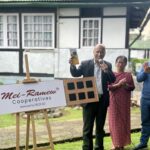






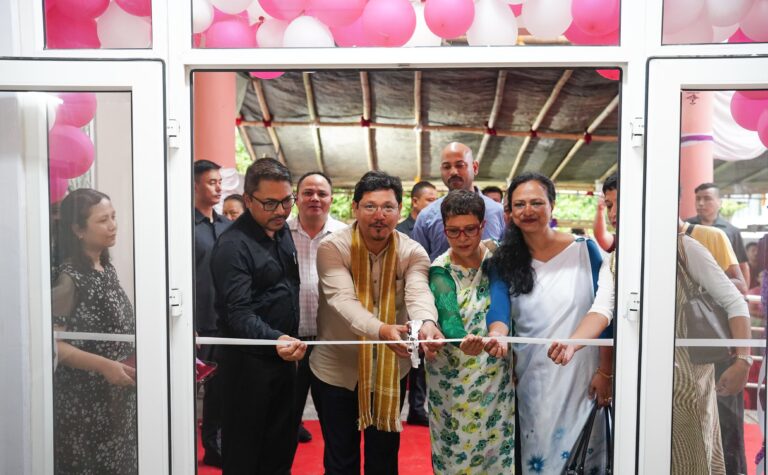
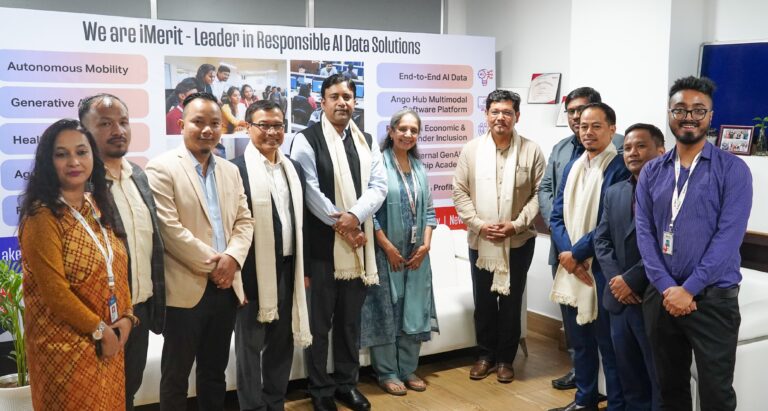
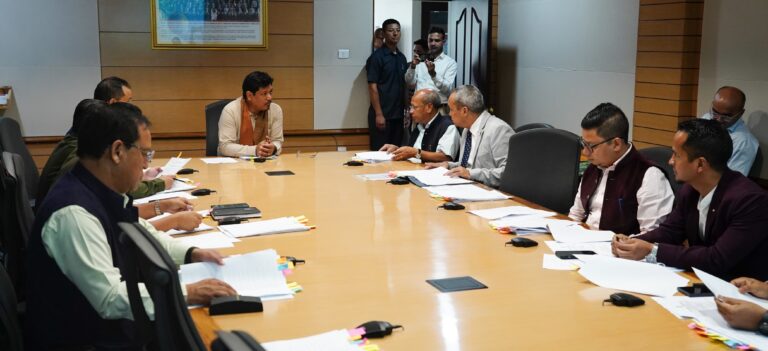

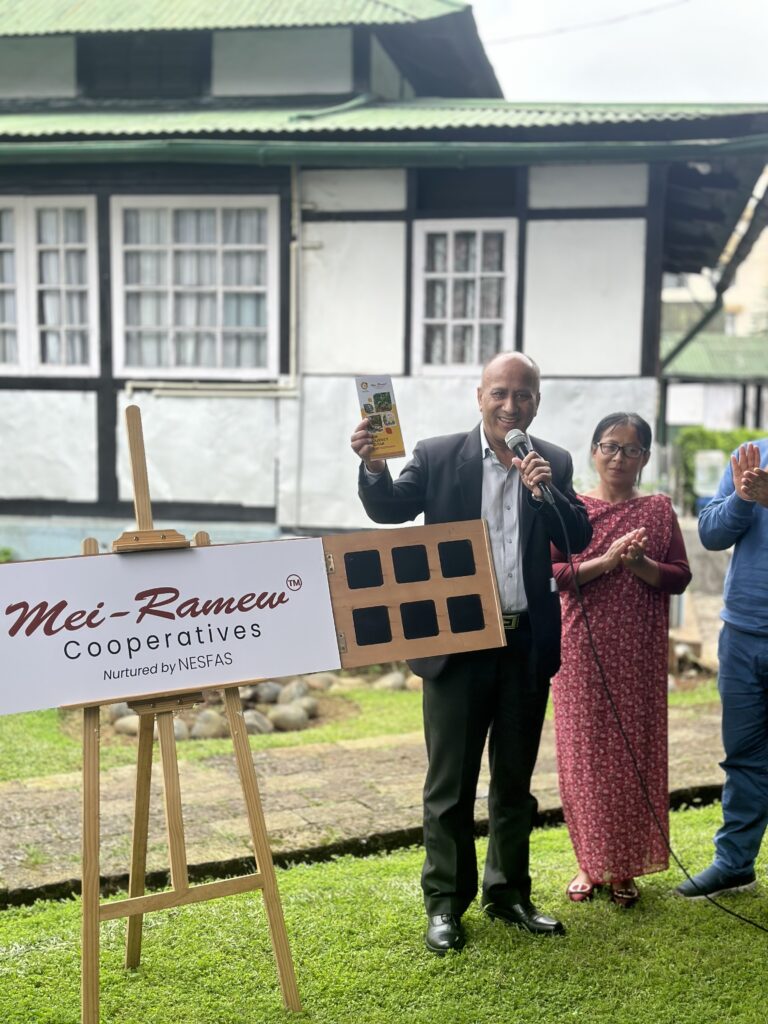
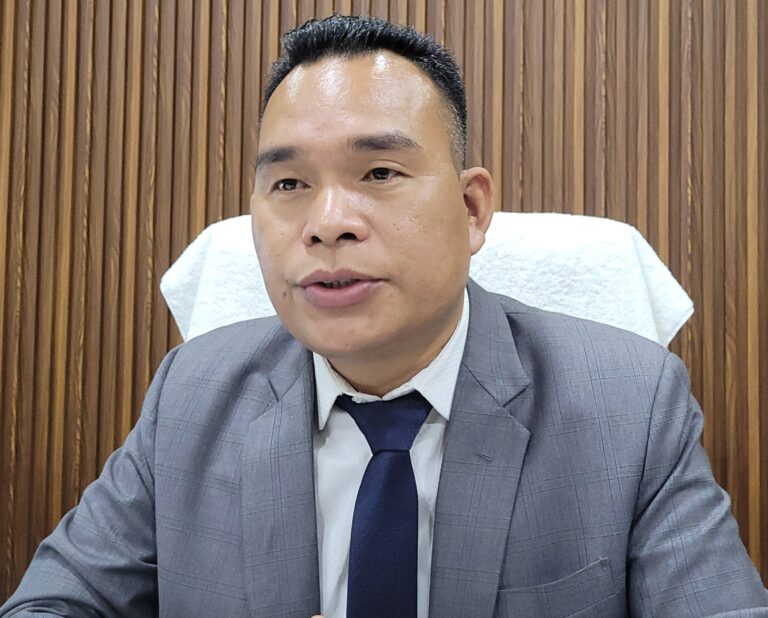
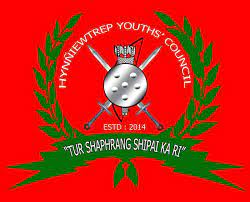


+ There are no comments
Add yours